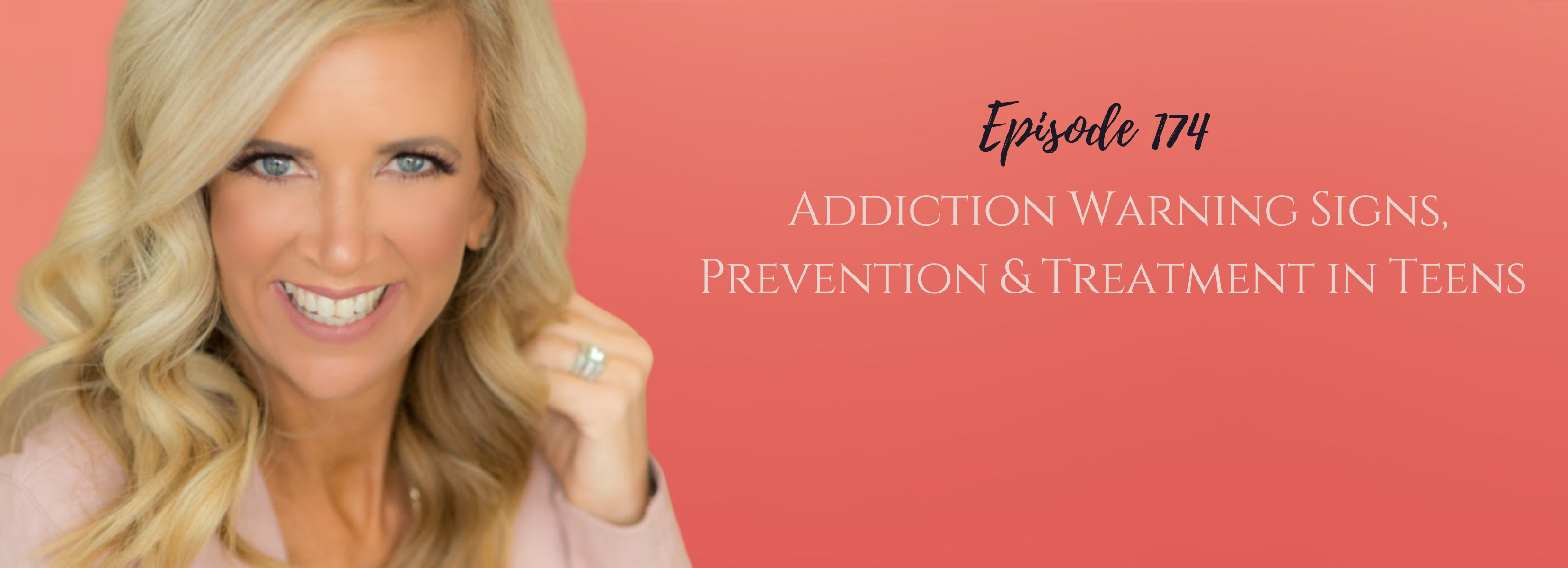
Addiction Warning Signs, Prevention & Treatment in Teens with Richard Capriola| 8.17.2022
In this episode, Kristen talks with Richard Capriola, a mental health and substance abuse counselor, about warning signs that teenagers are struggling with addiction, what makes them vulnerable to addiction, and how you can help them.
You'll Learn
- Warning signs of addiction in teens
- The role of genes in addiction
- The teen brain and why it's vulnerable to any kind of addictions
- How to help teens recover from addiction
- The importance of a support system when the family is affected by addiction
Resources
The Addicted Child Workbook by Richard Capriola
For counseling services near Indianapolis, IN, visit www.pathwaystohealingcounseling.com.
Subscribe and Get a free 5-day journal at www.kristendboice.com/freeresources to begin closing the chapter on what doesn’t serve you and open the door to the real you.
Subscribe to the Close the Chapter YouTube Channel
This information is being provided to you for educational and informational purposes only. It is being provided to you to educate you about ideas on stress management and as a self-help tool for your own use. It is not psychotherapy/counseling in any form.